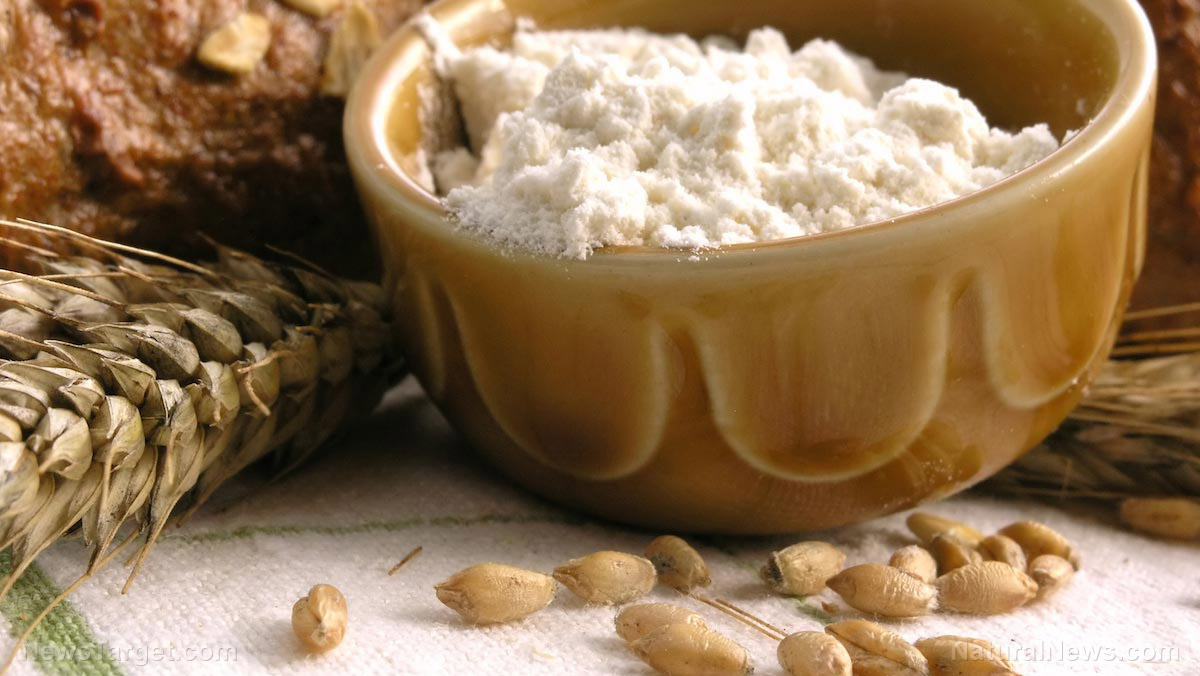High doses of vitamin C cured a patient of Zika virus – medical report
12/04/2018 / By Vicki Batts

If you believed the stories promoted by the mainstream media, it would seem that the Zika virus was an unstoppable threat to humanity, poised to unleash a wave of birth defects and other health problems. Though the Zika scandal has been exposed, much fear remains — in large part thanks to governing agencies that thrive on scaring the public. “There is no vaccine or medicine for Zika,” the CDC claims. But newly published research has shown that simply isn’t true: In a case study, scientists have found that vitamin C can cure human patients of the Zika virus.
Though mainstream medicine is loathe to admit it, adequate nutrition is the first line of defense against disease. It stands to reason, then, that a surplus of certain nutrients (like vitamin C) can, and do, yield positive results even after illness has set in. Though medicine as we know it has been corrupted by the pharmaceutical industry’s influence, the power of good nutrients like vitamin C can only be ignored for so long. Food is medicine — it’s just less profitable.
Vitamin C cures patient with Zika virus
A team of researchers from Puerto Rico recently reported on the findings of their case study: A 54-year-old woman was presented at a local health clinic with Zika virus. The scientists say that the patient had acquired multiple mosquito bites several days before seeking medical attention. Three days after the bites, the patient developed a fever and chills. By day five of the illness, the patient was in significant discomfort, experiencing a rash, joint and muscle tenderness and a headache.
After running multiple diagnostic tests, it was confirmed the patient had Zika virus, and treatment with high doses of vitamin C began. On day one, the patient was given 25 grams of the nutrient. On day two, she was given 50 grams of vitamin C, and on day three, she was given 75 grams. In just three days, the patient’s condition radically changed.
“The symptoms improved substantially in 24 hours and were absent by the third day,” the team states.
The researchers go on to note that there is a large body of scientific evidence which indicates vitamin C’s efficacy against illness when given intravenously. The team writes:
All this evidence confirms the effectiveness of ascorbic acid against viral infections, and against Zika fever, as suggested by the patient’s swift response to IVC [intravenous vitamin C]. Furthermore, no negative side effects resulted during or after the treatment. Based on the positive outcome in this case, we propose that IVC should be studied further as a potential treatment for acute viral infections
The many benefits of vitamin C
Vitamin C is most famous for its immune-boosting benefits, but the water-soluble nutrient has been gaining popularity for its other health benefits, too. Vitamin C has much more to offer than just immune system support, after all. In addition to its antimicrobial benefits, vitamin C is an antioxidant nutrient that supports healthy tissues, regulates hormones and and even prevents cancer.
Recent research has indicated that vitamin C has such a profound effect on hormones, it could soon be utilized as an alternative to risky hormone replacement therapy in middle-aged women.
Vitamin C has also recently been indicated as a nutritive key to keeping heart disease at bay. It’s long been recognized that poor diet is a major risk factor in the onset of coronary heart disease, but researchers have determined that vitamin C, in particular, is a powerful preventive. In a study of over 100 men, scientists found that those with the highest vitamin C intakes cut their heart disease risk by a whopping 66 percent, compared to those with the lowest intake.
You can learn more about the healing benefits of vitamin C and other vitamins and minerals at Nutrients.news.
Sources for this article include:
ISOM.ca [PDF]
Tagged Under: Cures, disease treatments, food cures, infectious, Intravenous vitamin C, natural cures, natural remedies, nutraceuticals, nutrients, nutrition, outbreak, supplements, viral infections, vitamin C, vitamins, zika scam, Zika virus




















